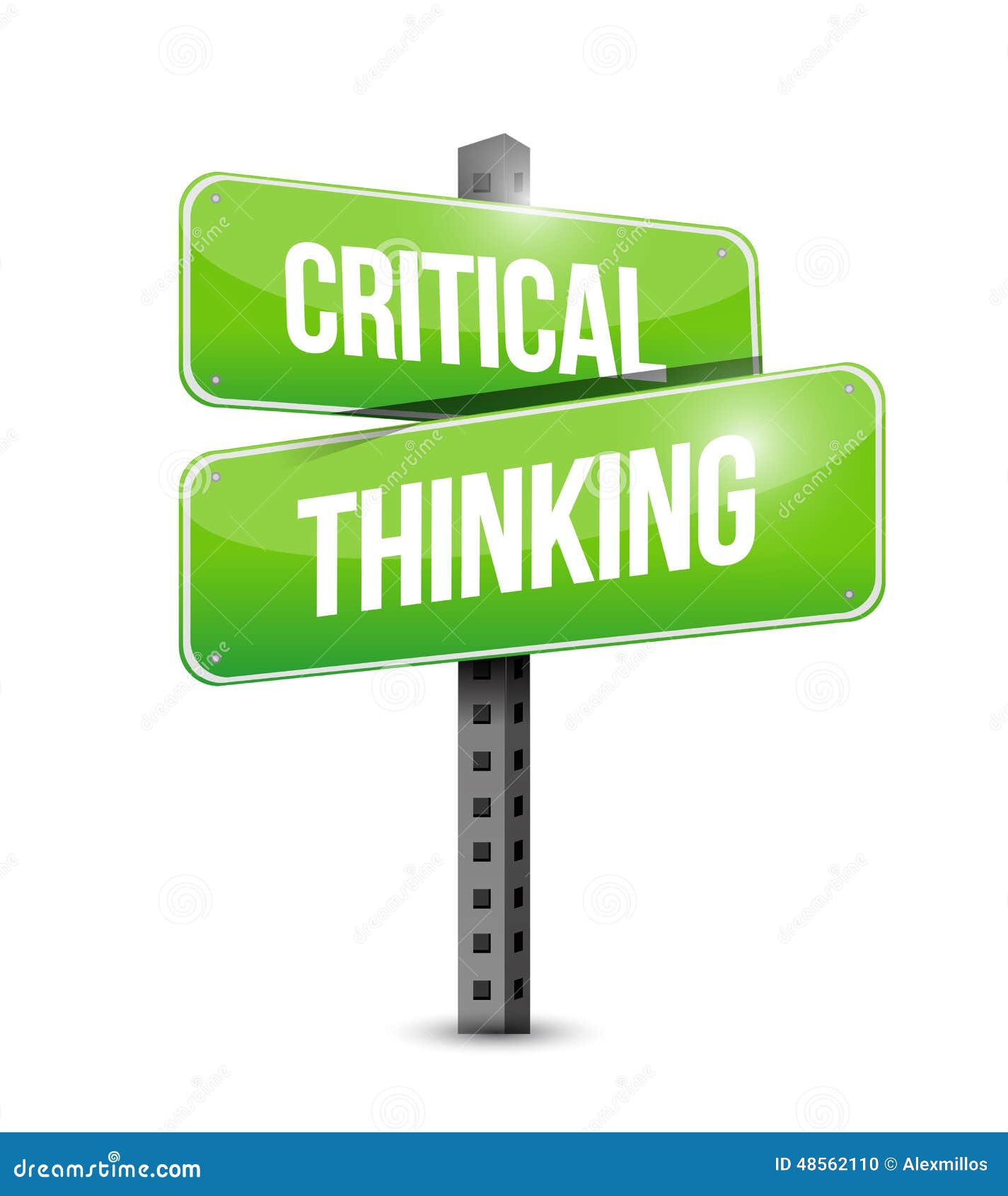Critical Thinking: A Main Competency for Modern Learners
Throughout today's rapidly modifying world, the capability to think vitally is more important than ever intended for students. As they navigate an abundance associated with information and face complex challenges, building essential critical thinking about skills becomes a new cornerstone with their education and learning. https://peterashbysmith.com/critical-thinking-skills-in-academic-libraries-developing-essential-skills-for-first-year-students/ enhance academic functionality but also put together learners for actual decision-making, encouraging them to approach difficulties with a considerate and analytical mentality. Recognizing the relevance of critical thinking in modern training, educators are significantly dedicated to equipping learners using the tools that they need to survive.
But you may be wondering what exactly constitutes powerful critical thinking? This post will explore the vital skills every student should develop, supporting to identify sturdy critical thinkers inside the classroom. Simply by examining key traits such as problem-solving talents, logical reasoning, and even the capacity for independent thought, we are able to obtain insights into fostering an environment wherever students can flourish as confident plus competent thinkers. Understanding the role of research and inspiring curiosity may not only encourage students but likewise facilitate a better engagement with the learning experiences.
Essential Critical Thinking Skills
Critical thinking includes a variety regarding skills that are generally vital for students to navigate the complexities of the modern world. One regarding the foundational expertise is analysis, which often involves breaking lower information into its constituent parts in order to understand its structure and meaning. Successful students engage using material actively, wondering assumptions and discovering underlying principles. This kind of analytical mindset allows learners to discern the relevance associated with information, ultimately promoting deeper comprehension in addition to retention of knowledge.
Another vital skill is rational reasoning, which permits students for making noise judgments based upon available evidence. Strong crucial thinkers are aspirant at identifying reasonable connections between concepts and evaluating quarrels critically. This ability extends to knowing logical fallacies in addition to comprehending the difference among objective facts in addition to emotional responses. The ability to explanation logically strengthens students' capacity to produce well-founded arguments in addition to to distinguish trustworthy information from false information.
Moreover, creative thinking plays a key position in enriching important thinking skills. This involves the ability to method problems from unique angles and create innovative solutions. Students who think seriously and creatively usually exhibit a robust perception of curiosity, compelling them to inquire abuout and seek out and about new knowledge. This mixture of analytical, reasonable, and creative skills empowers students to be able to tackle challenges inside of their academic undertakings and prepares them for future problem-solving in real-world scenarios.
Discovering and Evaluating Critical Thinkers
Identifying strong crucial thinkers in their classroom entails observing specific attributes and behaviors of which indicate a sophisticated stage of reasoning. These kinds of students tend in order to ask insightful concerns and demonstrate an eagerness to indulge in discussions. They will often seek dépuration on complex matters and are comfortable challenging widely recognized views, showcasing their capability to think independently. Additionally, these scholars display a solid sense of attention, which drives all of them to explore subjects more deeply and even seek out diverse perspectives.
When evaluating a student's problem-solving abilities, this is crucial to look for their approach to be able to tackling challenges. Solid critical thinkers evaluate problems systematically, smashing them down in to manageable components while assessing different possible solutions. They display an aptitude regarding applying logical thinking and can differentiate between facts and even opinions. Furthermore, their particular decision-making process usually includes weighing research and considering typically the implications of their choices, demonstrating an analytical mindset.
Observing how students reflect on their very own own thinking provides significant insights into their critical thinking skills. Those who employ in self-assessment are more likely to be able to recognize biases in their reasoning and even consider their presumptions critically. Moreover, cultivating an environment that encourages questioning plus debate can boost having these skills, as learners figure out how to articulate their own thoughts clearly and even understand opposing views. As educators, recognizing these signs is usually essential to back up and nurture the development of efficient critical thinking in all students.
Developing Critical Thinking in Students
To be able to foster critical thinking about in students, educators should cultivate a setting that encourages fascination and questioning. Engaging students in talks that require them to express their opinions and take into account alternative viewpoints will be essential. By requesting open-ended questions and challenging students to be able to elaborate on their own thoughts, teachers make opportunities for further analysis. This exercise not simply enhances understanding but in addition empowers learners to believe independently, lounging the groundwork with regard to strong critical thinkers.
Making use of problem-solving activities straight into the curriculum is definitely another effective technique. Students can build their critical considering skills through real-world scenarios and case studies that want analytical thinking and reasoning. Encouraging group job allows learners to collaborate and promote diverse perspectives, which will prospect to more strong conclusions. Educators may also highlight the importance of considering sources and understanding biases, equipping learners together with the tools required to assess information critically.

Finally, reinforcing typically the importance of representation and self-assessment helps in the development of important thinking. Providing college students with in order to examine their thought processes and decisions fosters a deeper knowing of their thinking. Encouraging them to be able to keep journals or participate in discussions on the subject of their learning experiences can help spotlight areas for enhancement. As students discover how to recognize their abilities and failings in thinking, that they build confidence and be more competent decision-makers, ready to take on complex challenges throughout their academic and even personal lives.